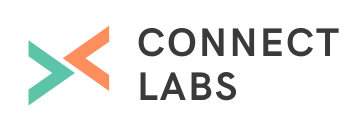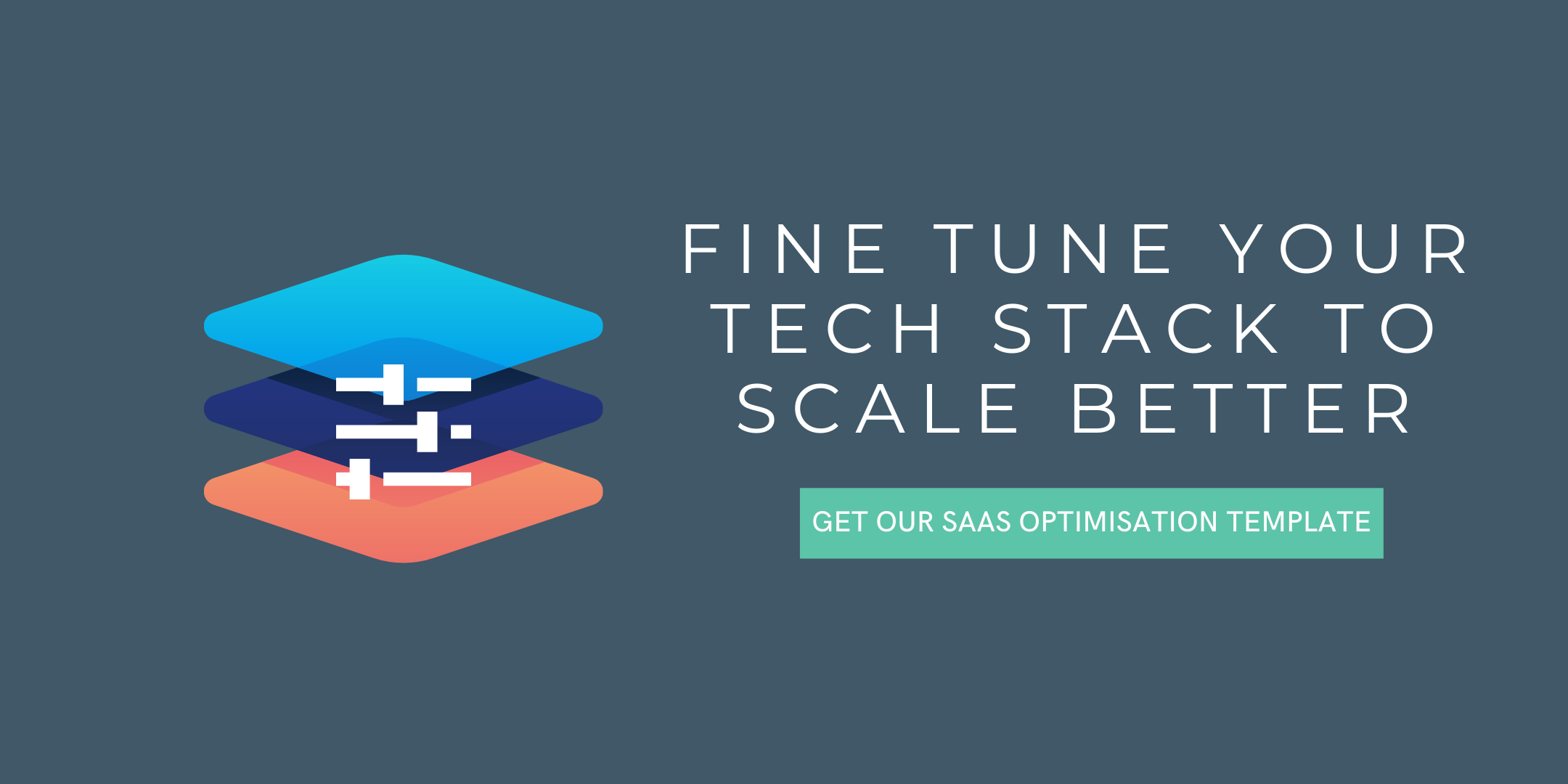When it comes to the software technology that a company needs, business owners are often met with the conundrum of whether to prioritise price or features. In prioritising price or going after popular choices that other business owner's have saved money on, it's common to end up with a tech stack that ends up complicating our lives instead of helping them. The role and impact of technology has been questioned over and over but let's face facts - when you make good choices and use tech well, the benefits are unquestionably there for the taking.
As a company, our interest of late is in allaying some of the fears business owners have in relation to tech - like costs, privacy, implementation and maintenance. The reason we're so passionate about this is because the investment in tech requires going beyond considering simple pricing and features - and there's cognitive load associated to that.
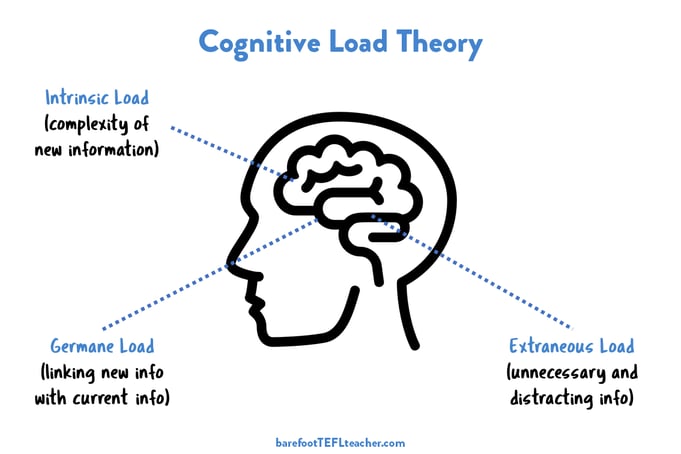
Source: BarefootTEFLteacher.com
Not only do business owners need tools that will facilitate areas like cashflow, human resources and business growth, they need ones their employees can adopt swiftly and will take away admin as opposed to adding more of it. There is a lot of information to sort through with these purchasing decisions and it can be incredibly overwhelming.
We buy based on trust
We often lean on our community or like-minded people in our inner circles to tell us what is a good choice for a certain piece of tech to be added to your business. As a result, it's not always that our choices are based on our own needs; rather, we look at what others are using and make choices based on what's been recommended.
This is because a key thing that drives such purchasing decisions is trust.
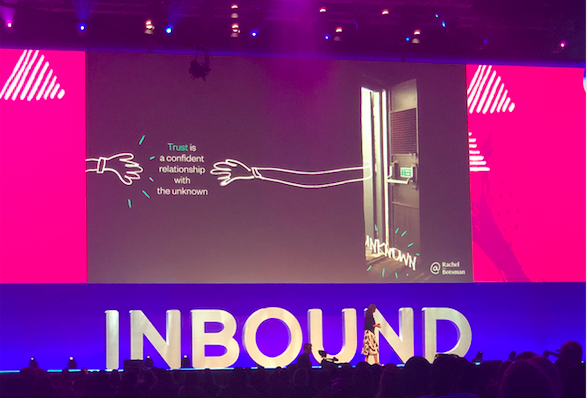
Image: Rachel Botsman on Trust
While that's human and word-of-mouth recommendations can be great, doing a bit of an audit of your business' technology needs and then assessing what others have used, not just in your 'trusted' circle but also in the industry, can make your business much more competitive. We often encourage our clients to visit various software review websites as well as do free trials before making any long-term commitments. This will ensure your decisions are well thought-out.
Doing your due diligence is crucial as there's a fine balance between software that you can use to support the way you work and software that will force you to redesign the way you work to work. With the amount of tech your company will have to use, it's unreasonable to look at too many options that will redesign how you work.
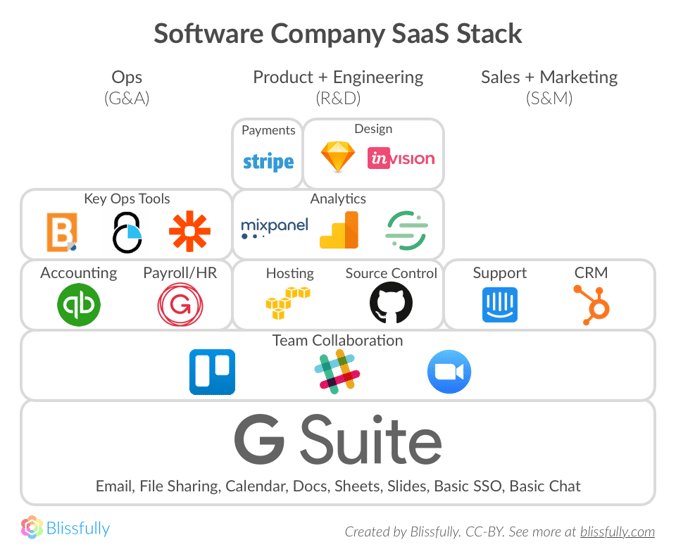
You can see that there's a lot of technology choices to be made to create a tech stack that works for you, your team and how you all work together. Assimilating one like this is usually quite an organic process as you start out as a business owner, but often the scaling up part of your growth will necessitate tech purchases that require careful considerations of maintenance, integrations and so on. So while you're getting free software early on, your investment in technology will only change with growth.
Low-cost doesn't really mean it is
Having a lean tech stack or one built on good monetary deals may save you some dollars in the short-term, but only means that you'll have to face other battles daily - like logging in and learning multiple systems, and making sure to capture all your reporting in one place. Your single source of truth can become complex very quickly. What you thought was the smart choice to keep costs low might ultimately result in a very high opportunity cost - what you're worth per hour doing low-value activities.
There's talk of how incremental ideas can help remove 10% of costs - so if you restructure the way you work to eliminate your lowest-value activities and use tech to help take on that load, you'll get the greatest return on your investment.
So here's a radical idea for you...
Simplify your use of software
Consider simplifying your life as a business owner and work with some easy-to-use cloud solutions that can help you grow your company by focusing on implementing and learning just one platform or a few products.
- Identify the gaps in your current software setup preventing you from successfully scaling your business.
- The decision-making framework for when it’s right to buy or build the solutions you need in-house.
- The mistakes to avoid that cause missed revenue opportunities, inefficiencies, and an inability to deliver rich, personalised experiences to your customers.
- The benefits of getting your marketing and sales teams on an all-in-one ecosystem rather than operating in silos.
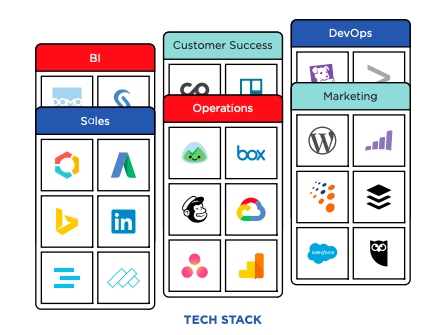
Tags:
Sales + CRM
September 9, 2021
